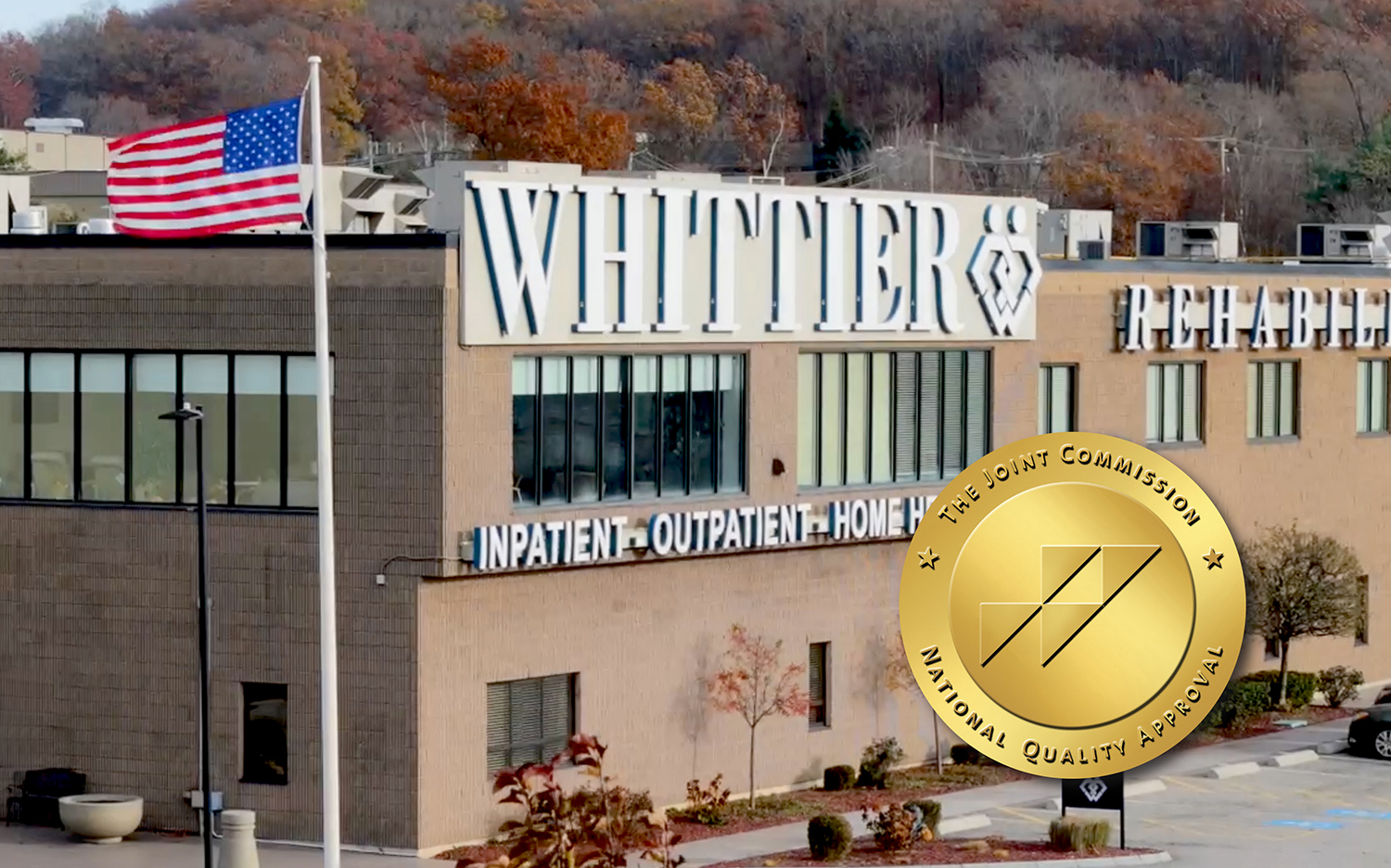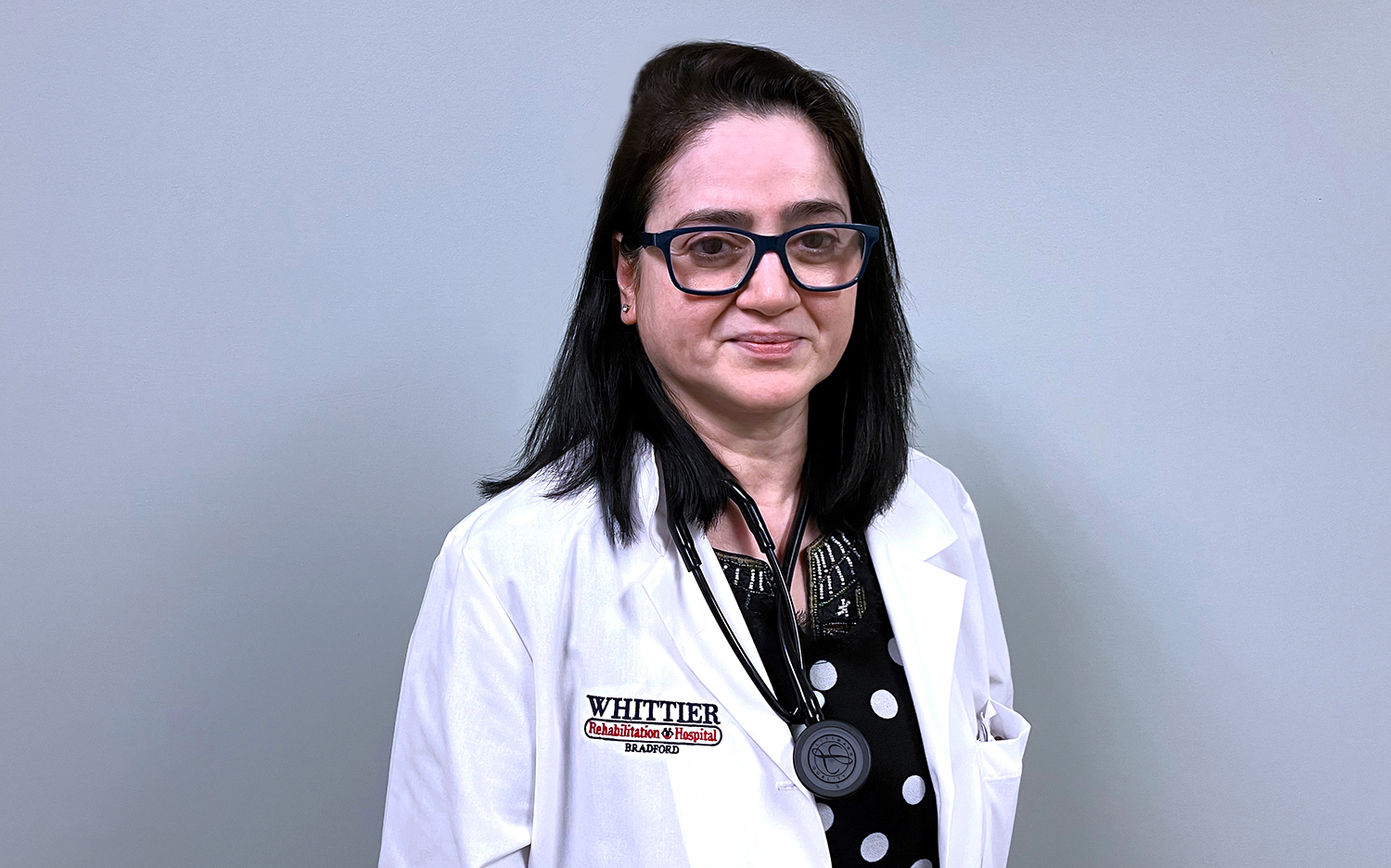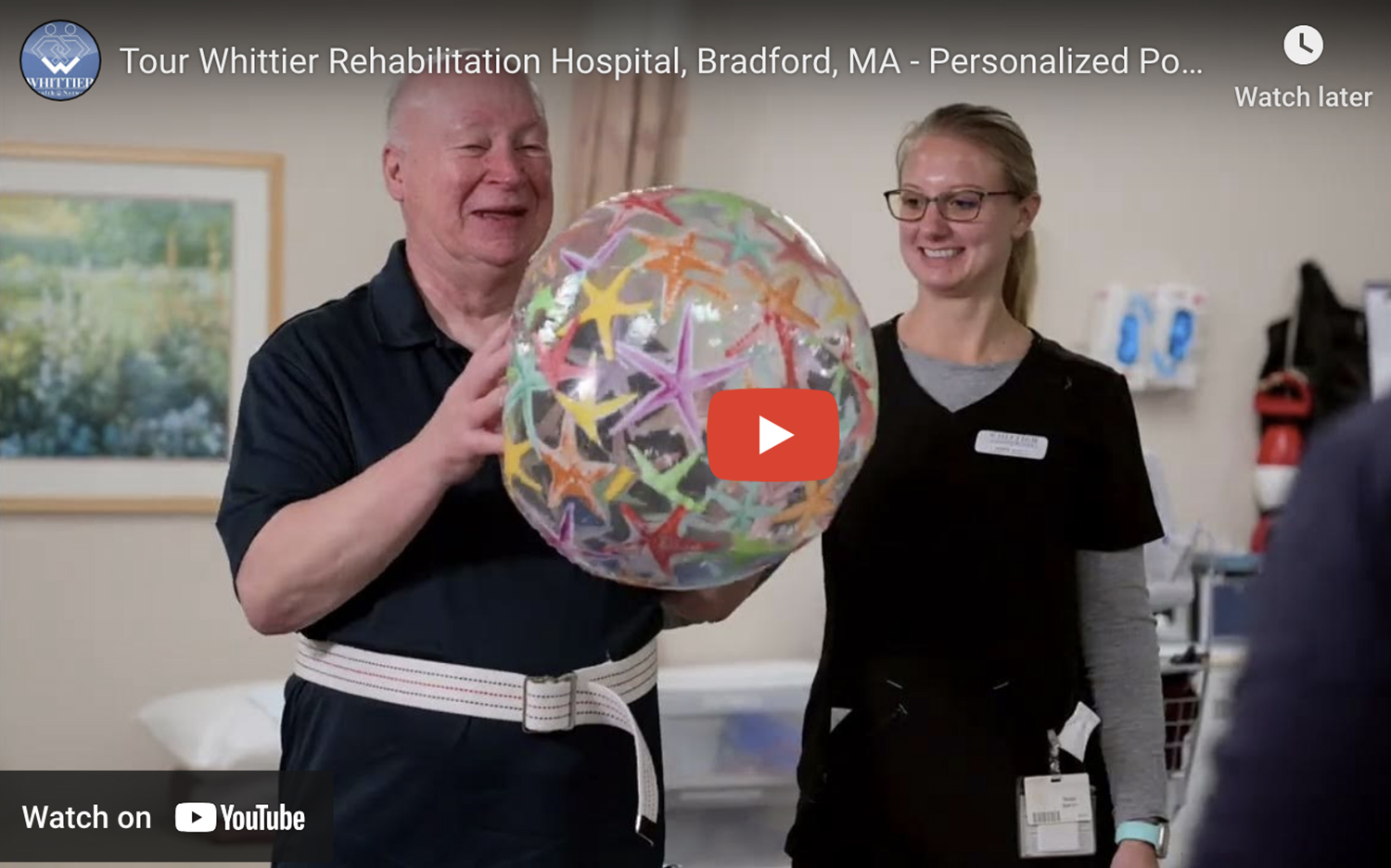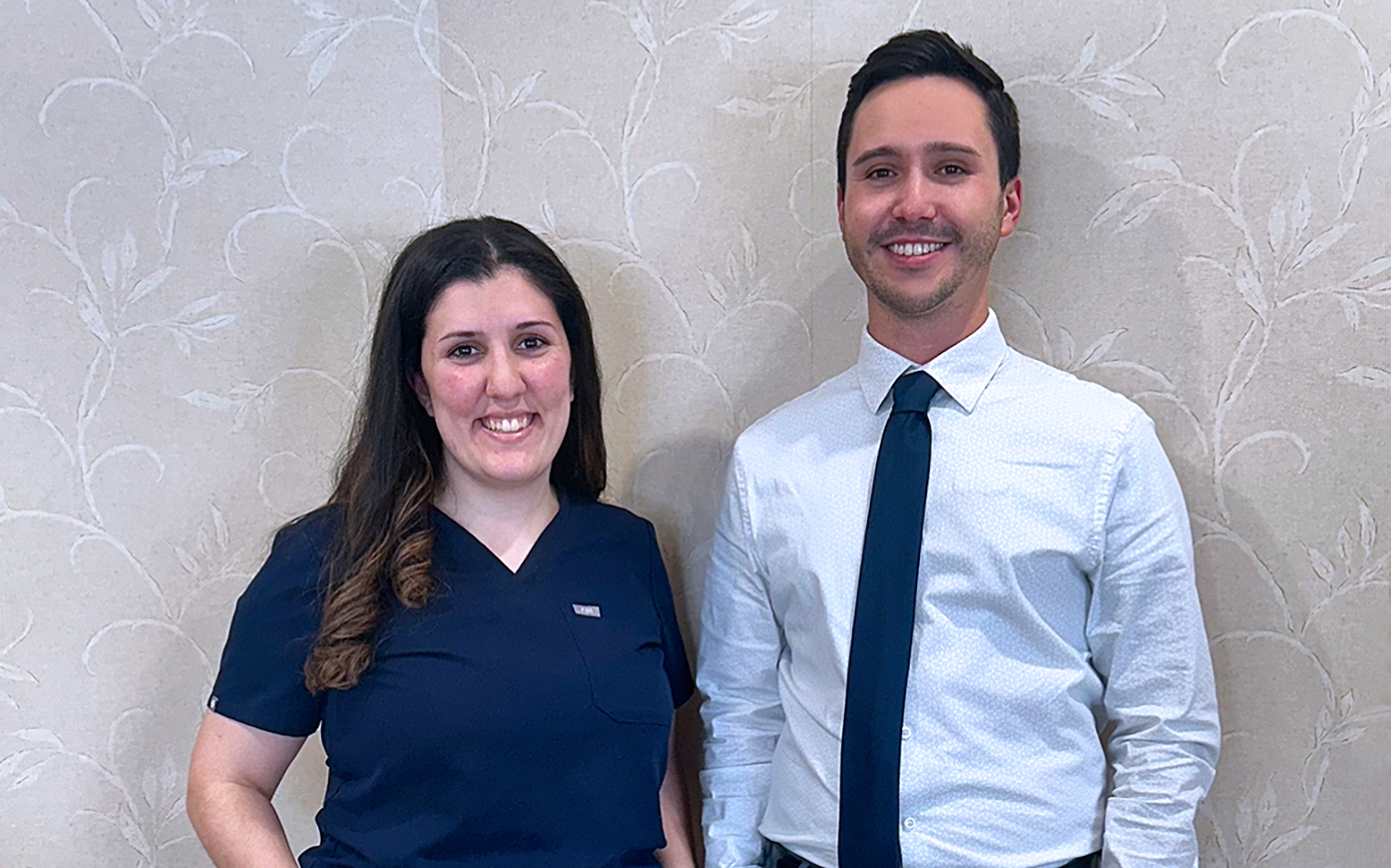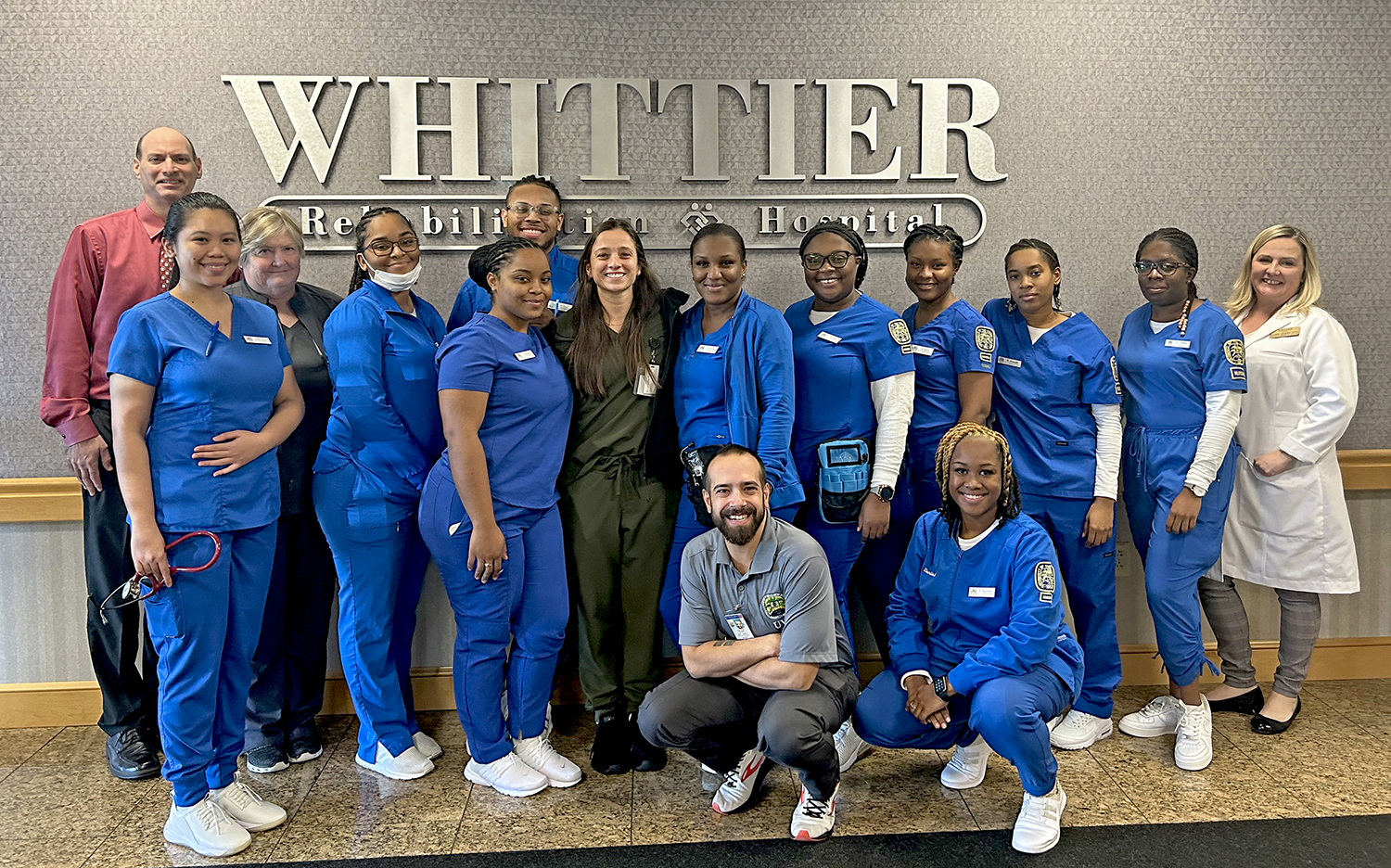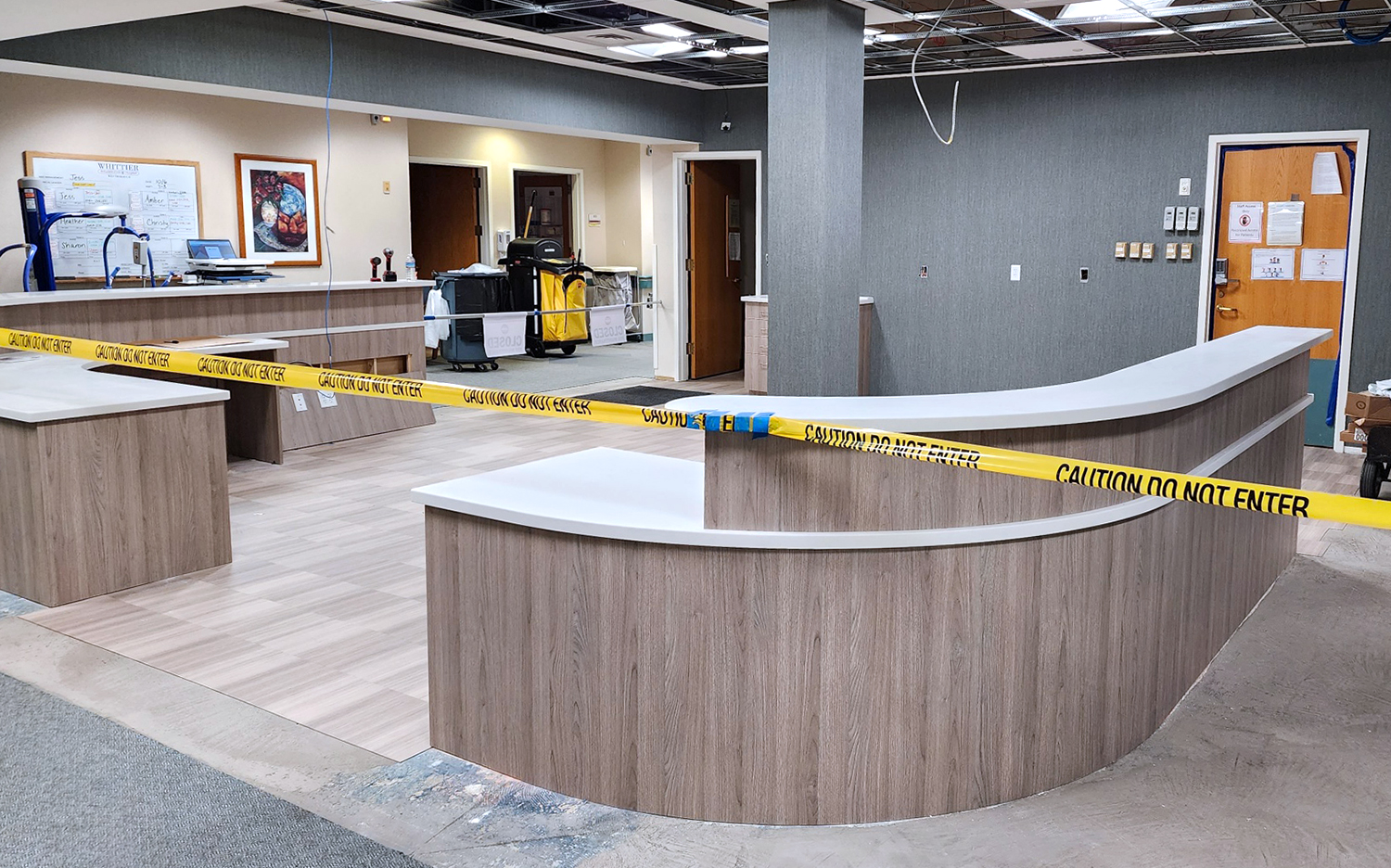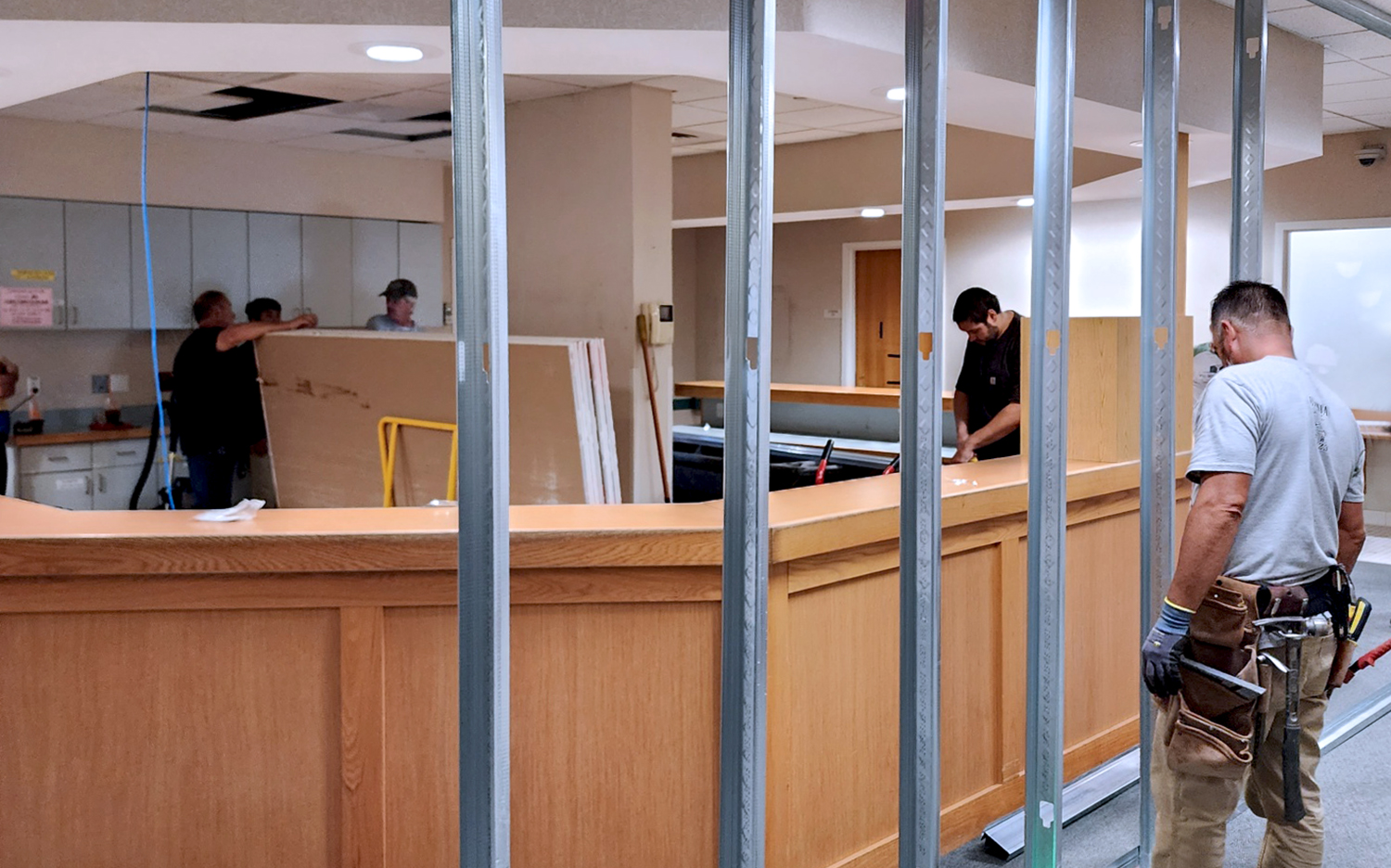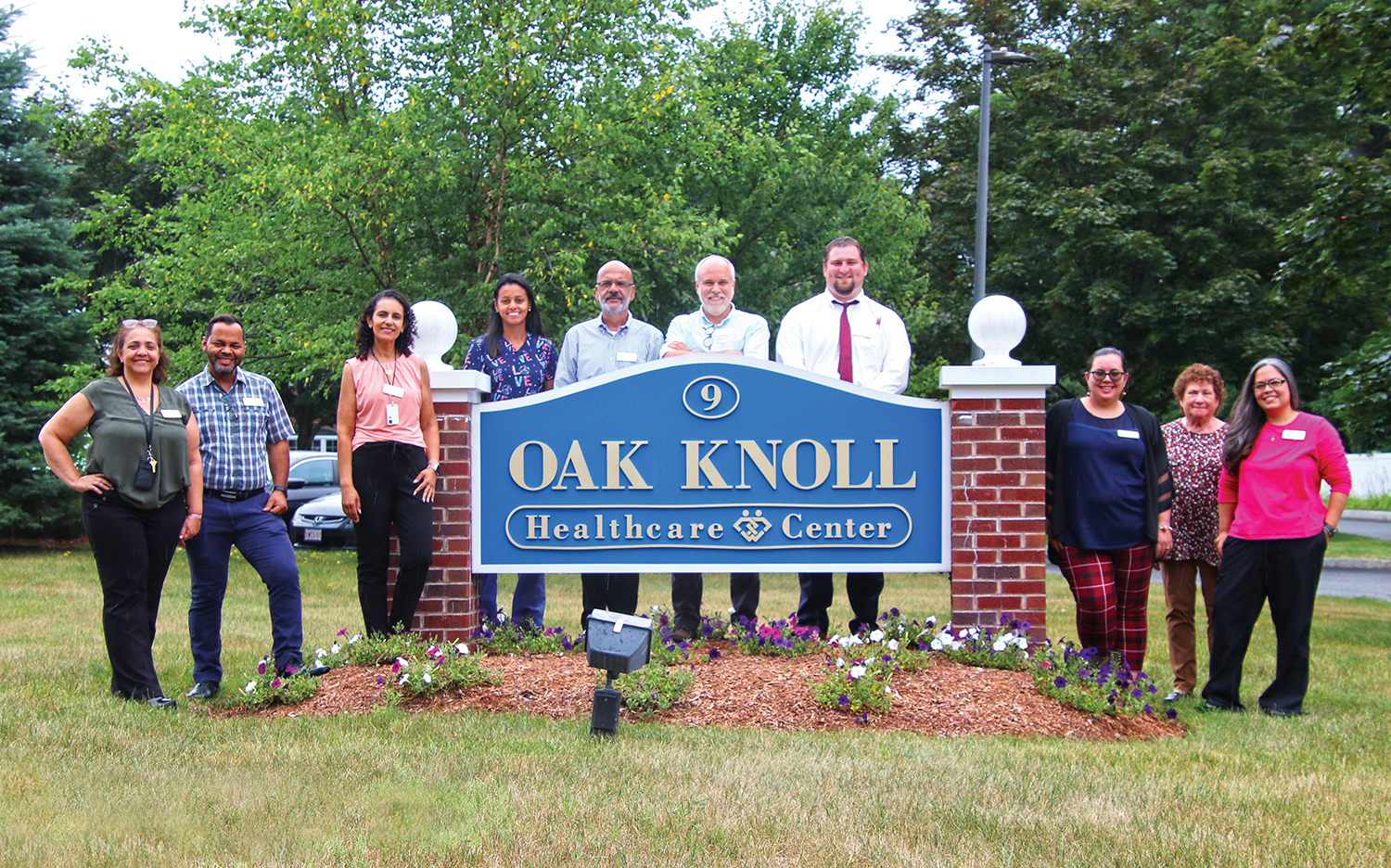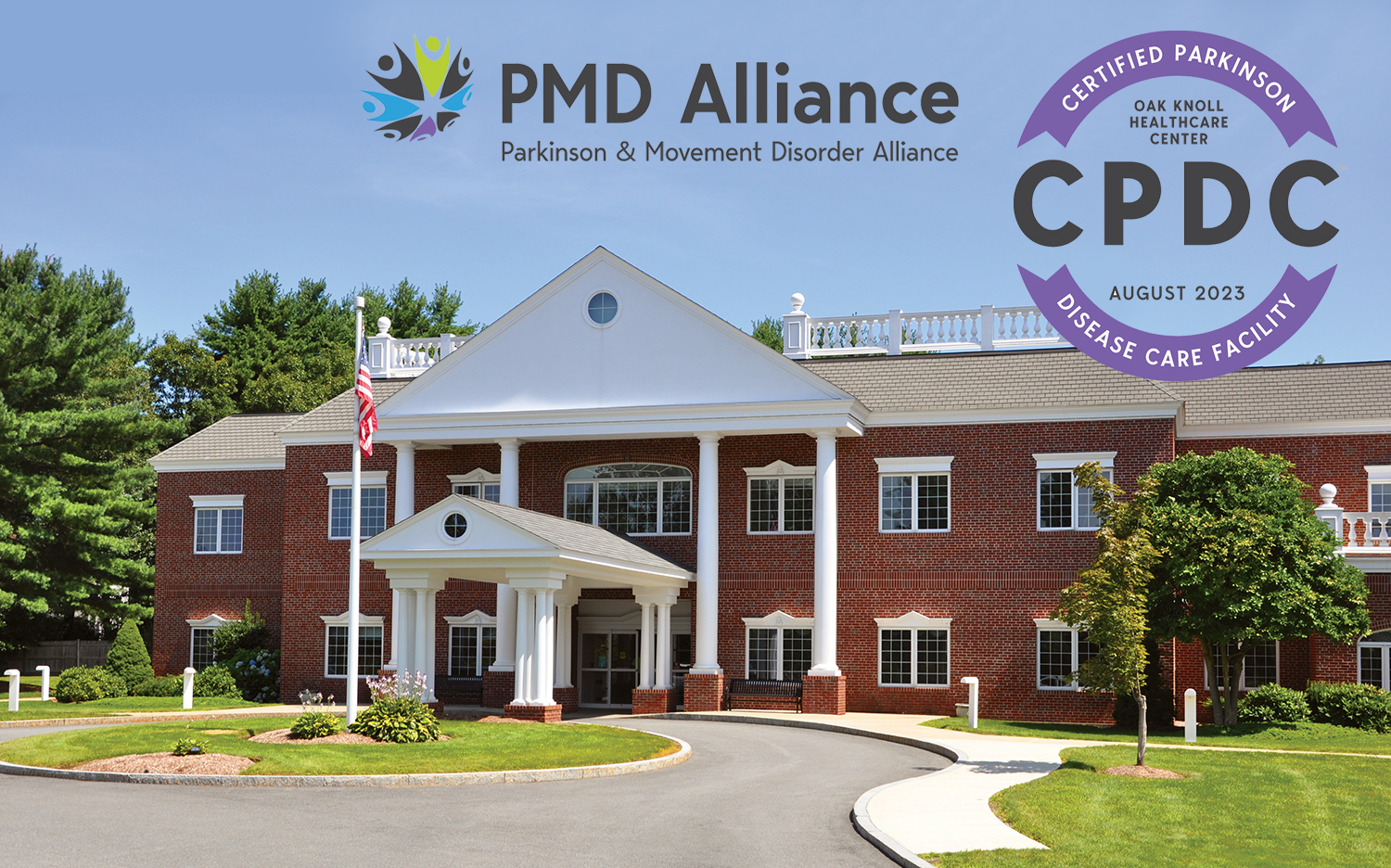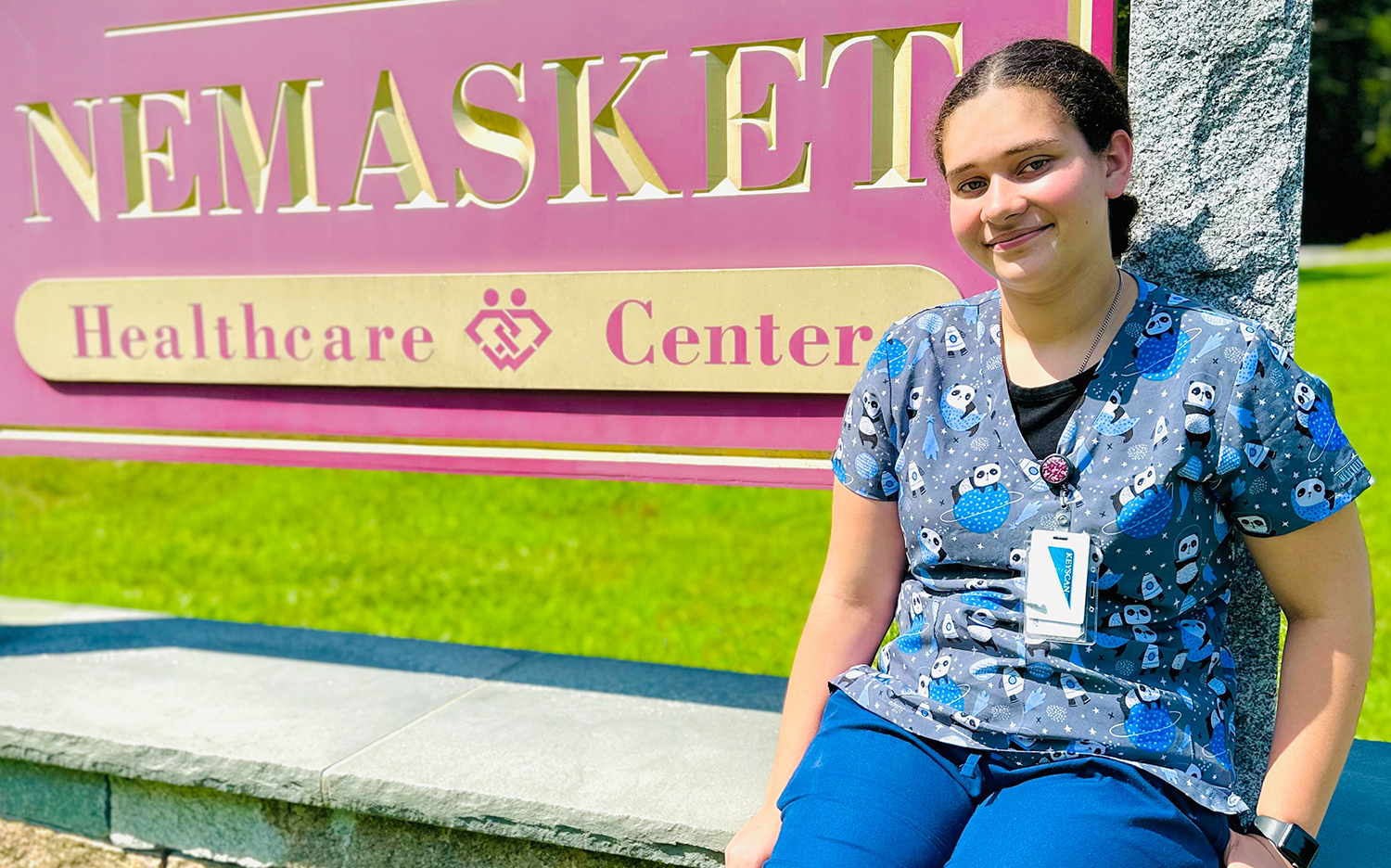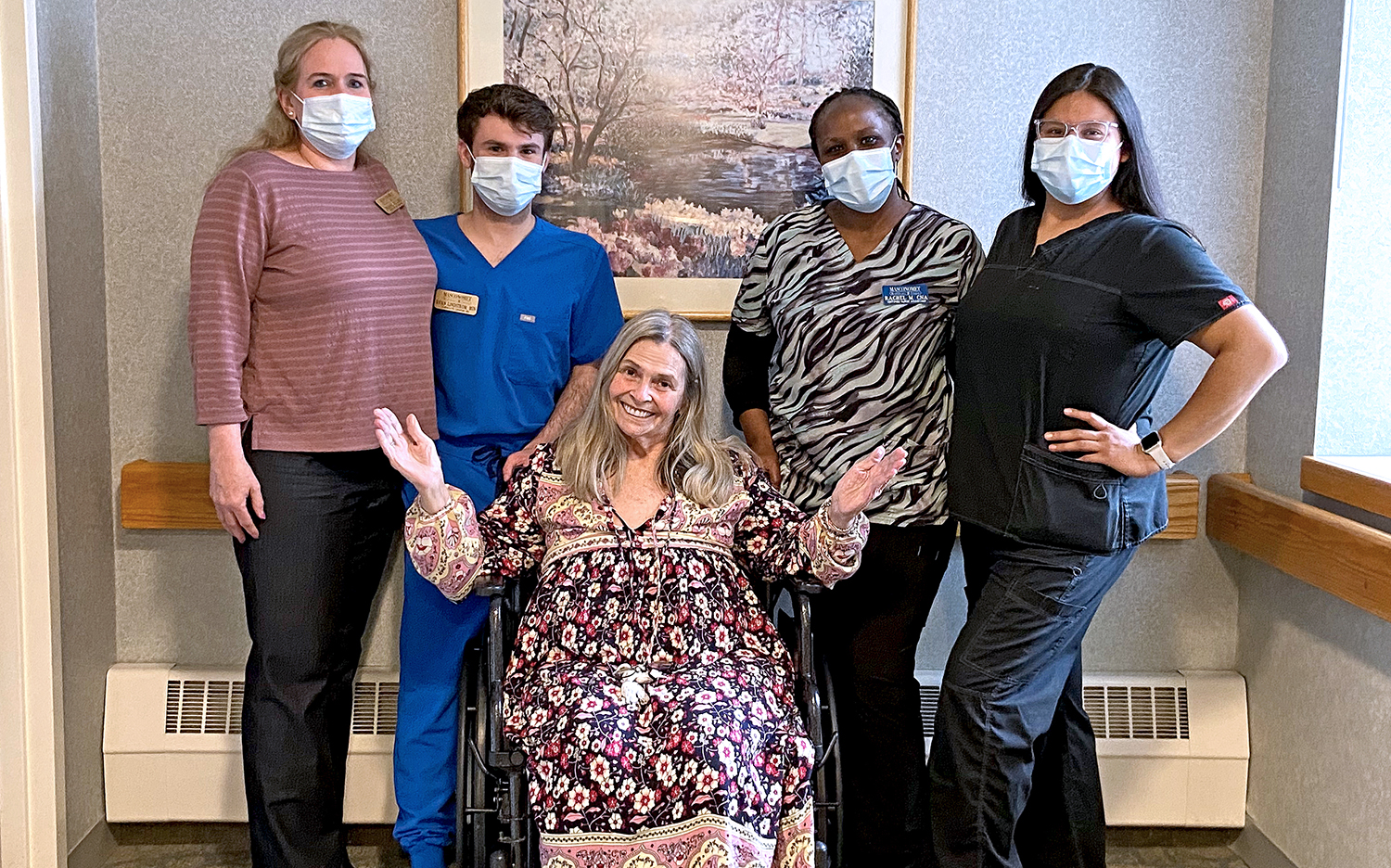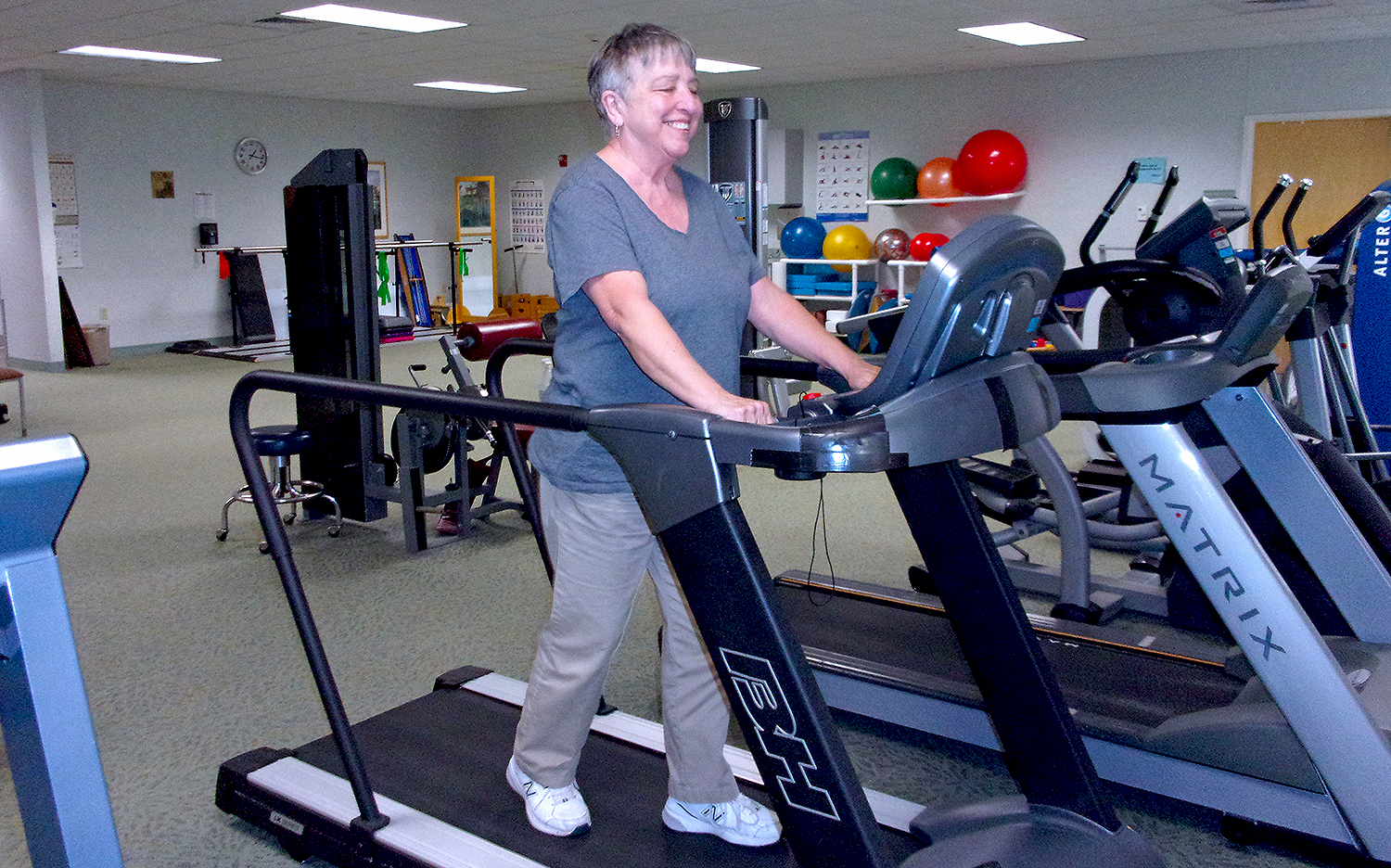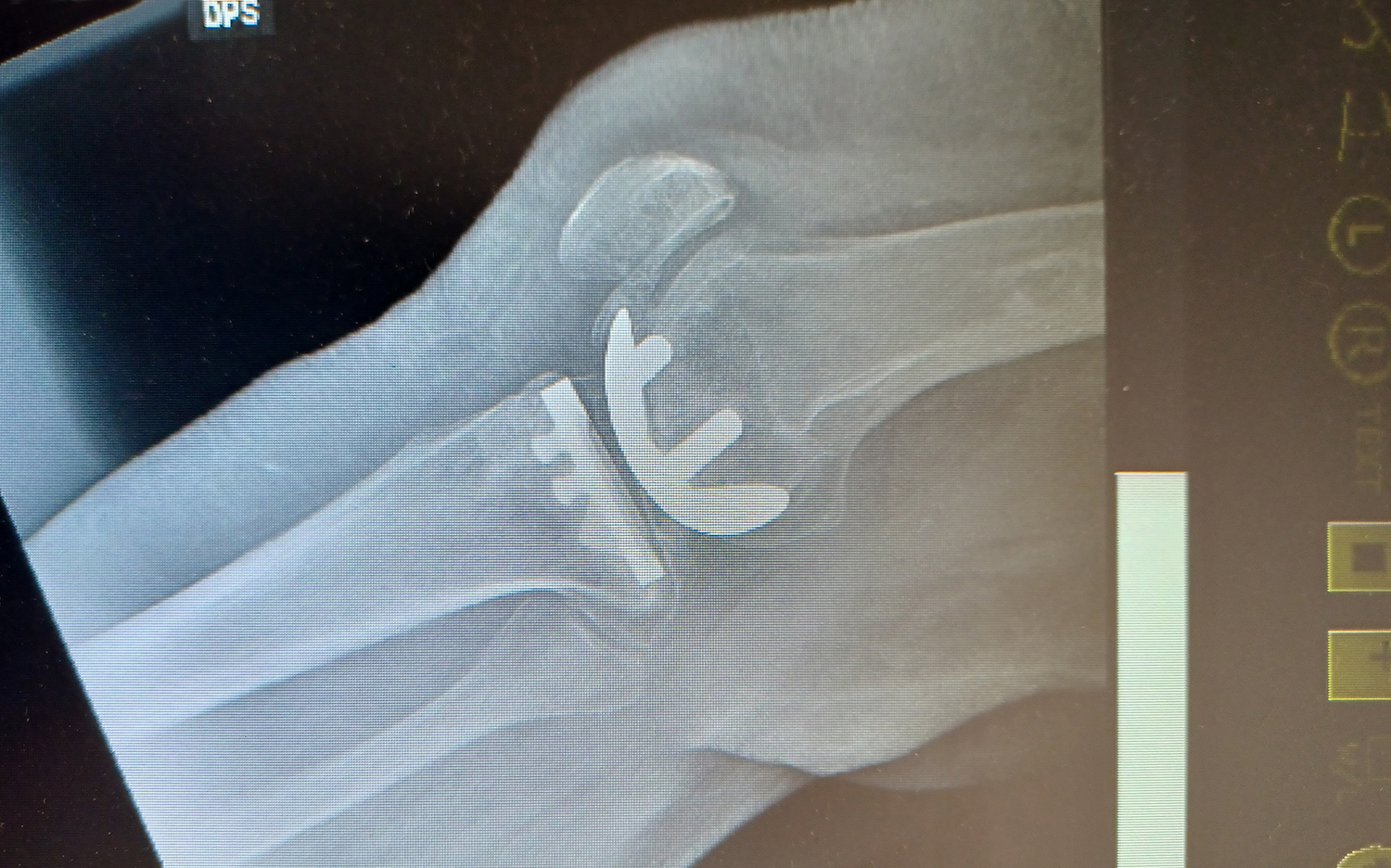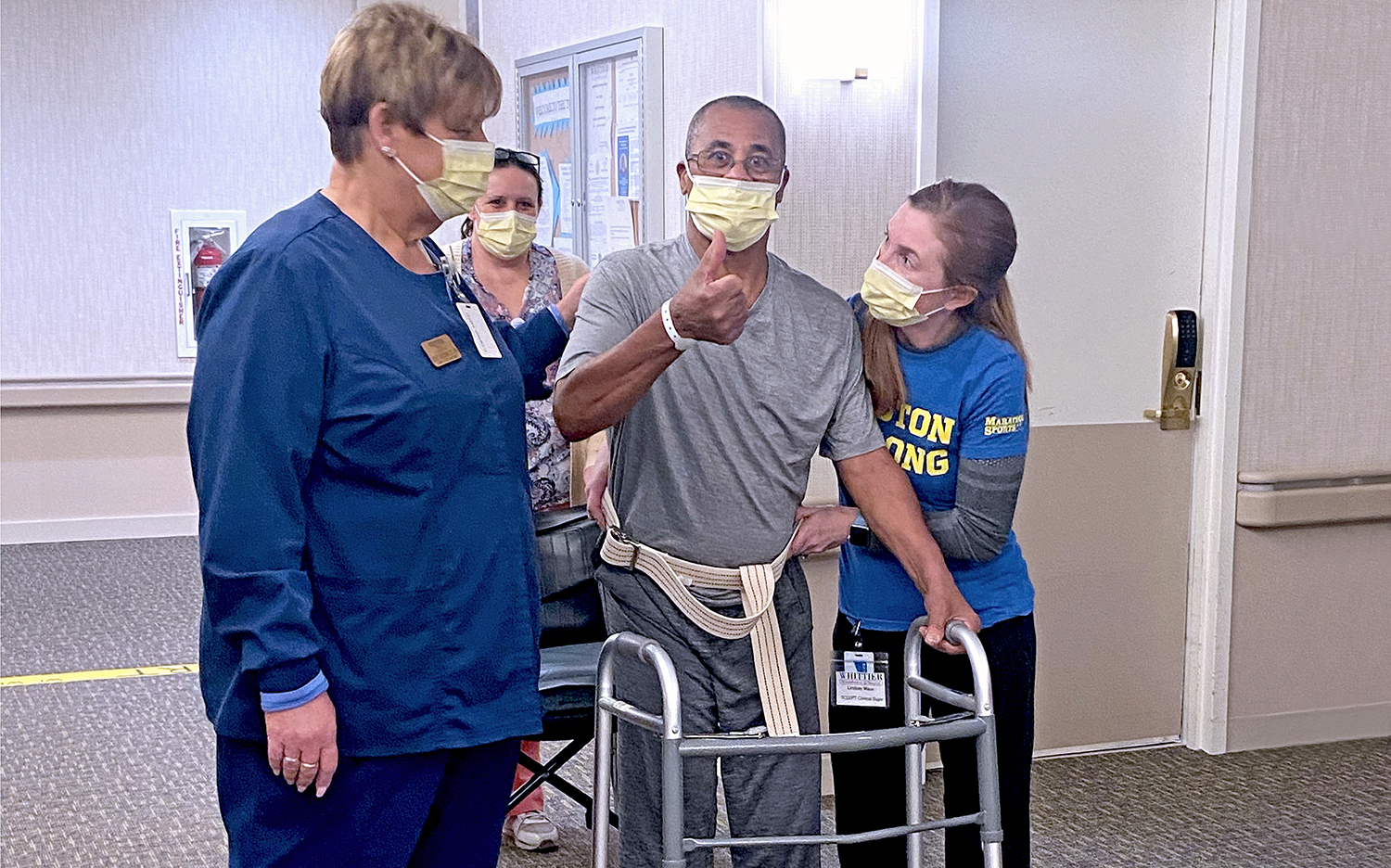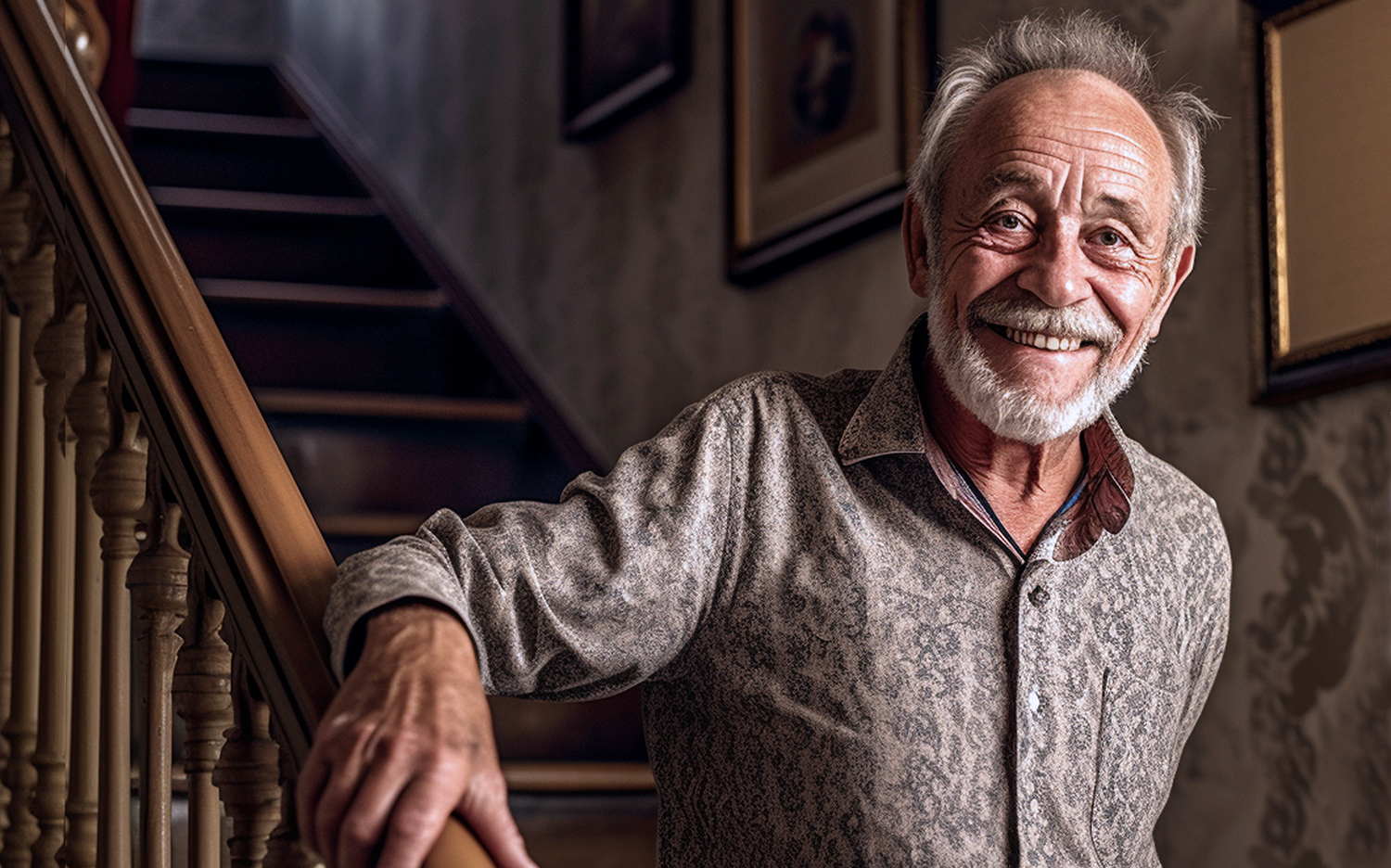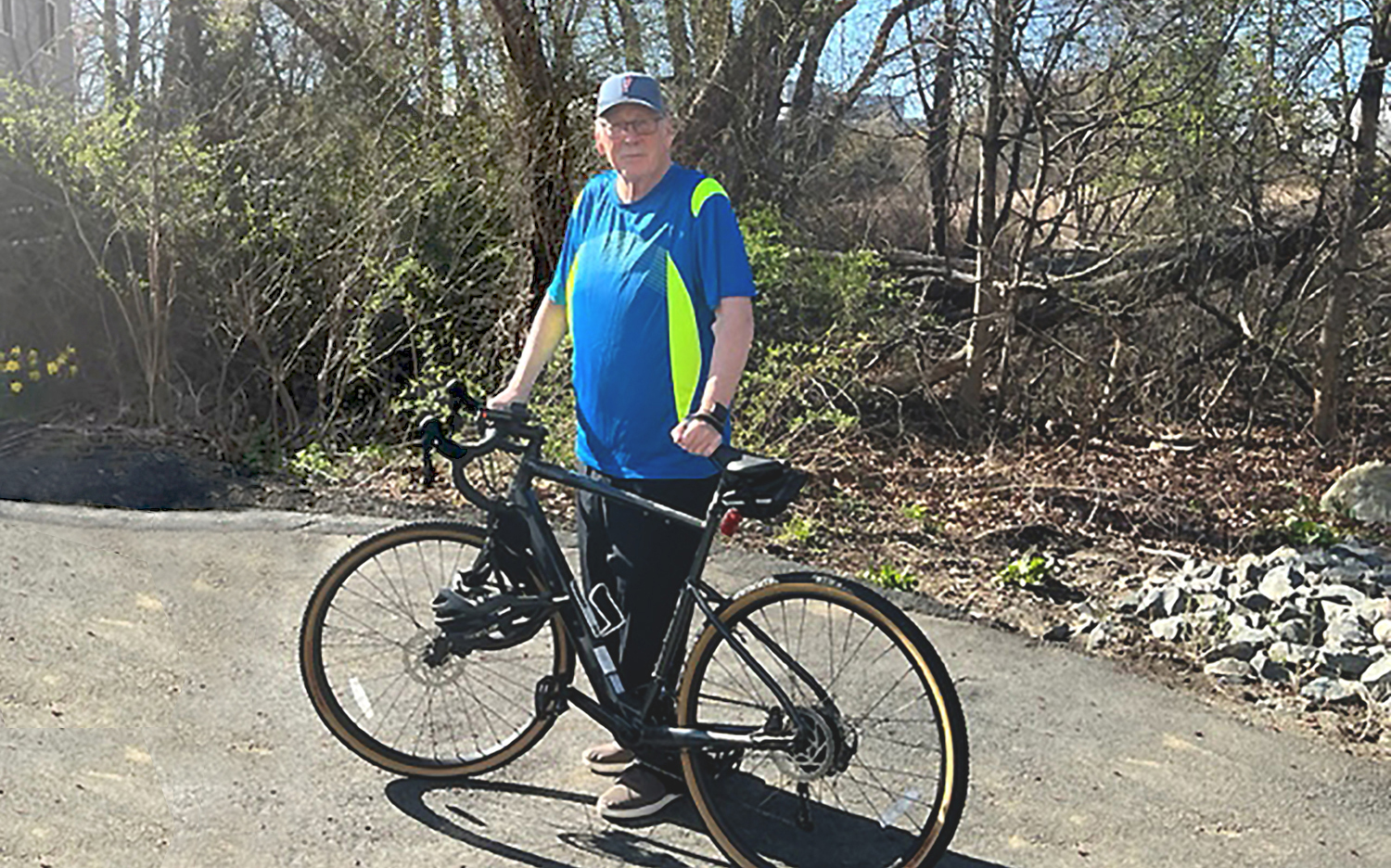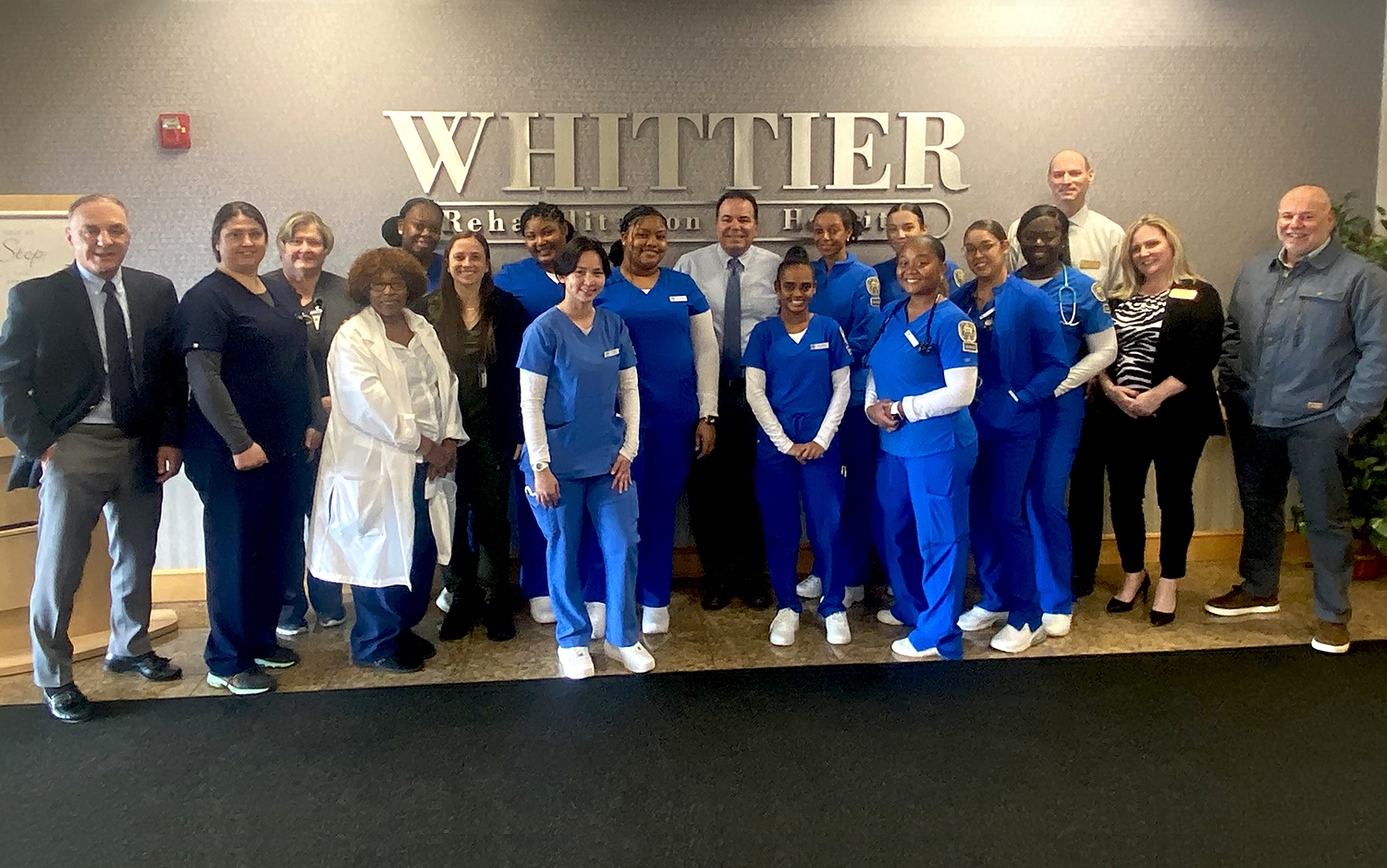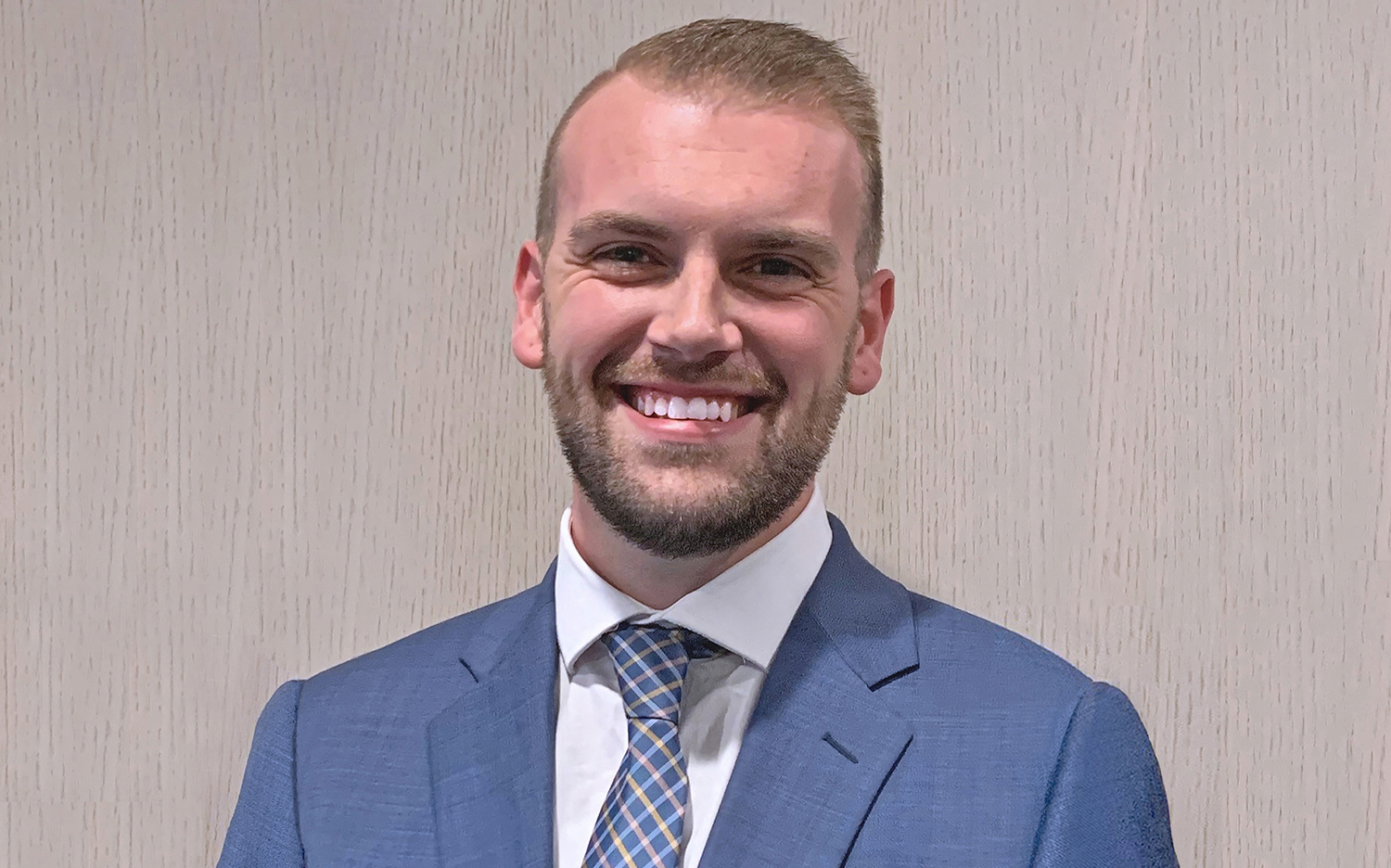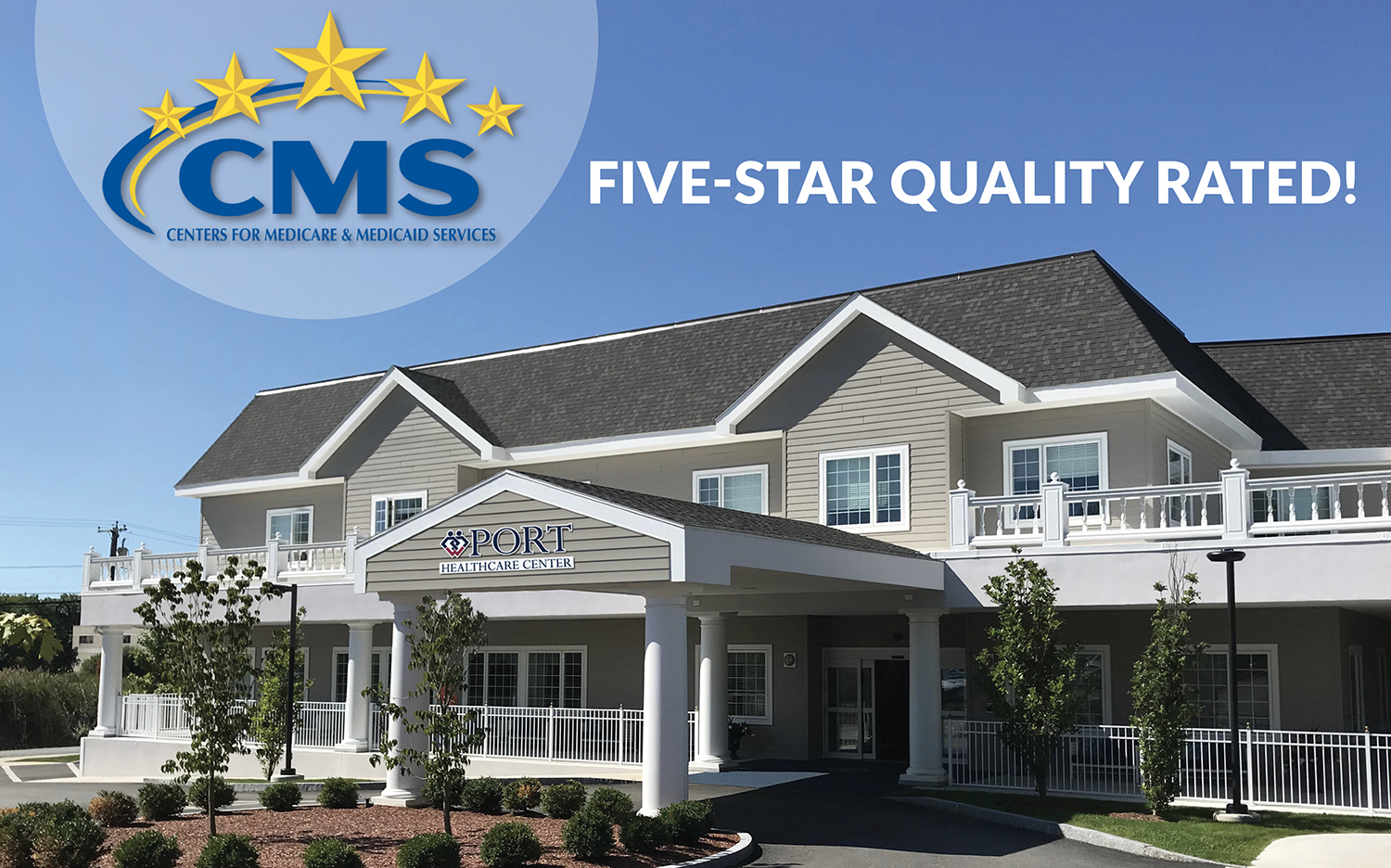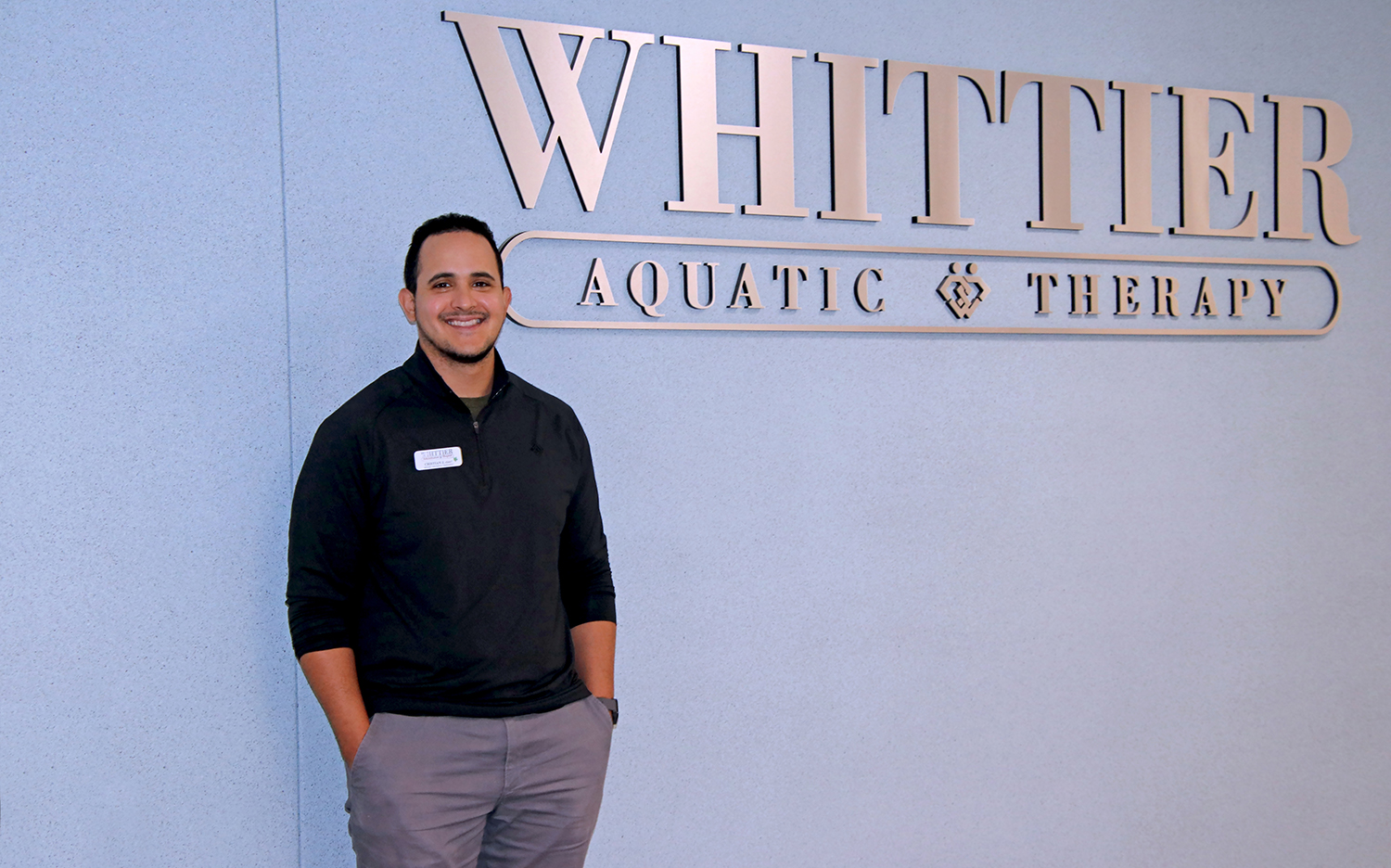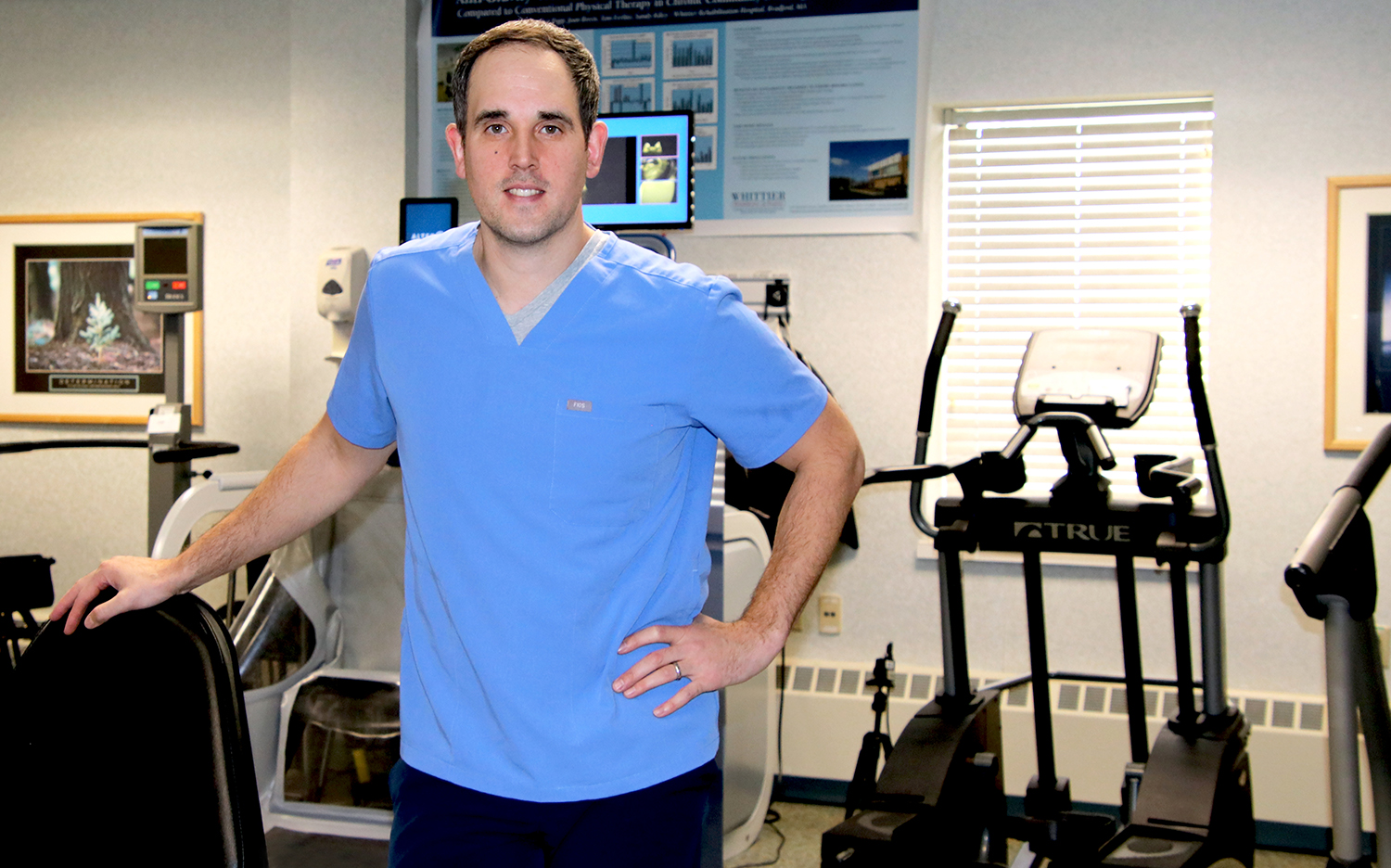Whittier Health Network
Company News
Caring for our patients and employees is part of Whittier Health Network’s tradition of excellence since 1982. Read on and see first hand why WHN is your first choice in Health Care.
Whittier Rehabilitation Hospital-Bradford has been awarded Recertification in Pulmonary and Stroke Rehabilitation by The Joint Commission.
By demonstrating continuous compliance with The Joint Commission’s national standards for health care quality and safety, Whittier Rehabilitation Hospital-Bradford has earned The Joint Commission’s Gold Seal of ApprovalTM and has been recertified in both Outpatient...
Whittier Rehabilitation Hospital-Bradford welcomes Dr. Nita Pant as our Hospitalist.
We are pleased to announce that Nita Pant, MD has joined our team as a Hospitalist at Whittier Rehabilitation Hospital-Bradford. “We are extremely excited to have Dr. Pant join our medical staff,” said Bob Iannaco, Administrator. “Her experience and expertise in...
Tour Whittier Rehabilitation Hospital, Bradford, MA – Personalized Post-Acute Care: LTAC, IRF, TCU
Bob Iannaco, the Administrator at Whittier Rehabilitation Hospital in Bradford, warmly welcomes all. Let us introduce you to the exceptional post-acute rehabilitation services offered by this Joint-Commission Certified, renowned institution. Personalized Care:...
Oak Knoll Healthcare Center’s Administrator Anthony Wriston and Director of Nursing Francesca Caramante bring a passion for advocating for the geriatric population, and for bettering the customer service experience.
We are pleased to introduce Oak Knoll Healthcare Center’s new administration team - Administrator Anthony Wriston and Director of Nursing Francesca Caramante. We recently met and discussed their goals as Oak Knoll Healthcare Center’s new ‘dream team’: to foster a...
At Whittier, we want you to know that you have choices when you need more care after a hospital stay.
It is essential to remember as patients–the customers in healthcare–you always have choices and need to know your options before making a decision. In today's fast-paced, heavily regulated healthcare arena, many people are shuttled through the system half in a daze,...
Who is in Charge of the Hospital Discharge Planning Process? Spoiler Alert – Pursuant to the Medicare Conditions of Participation, It’s You!
Did you know that under current Medicare requirements, a hospital discharge planner must, if possible, honor a patient’s goals and preferences in the discharge planning process, including where to be discharged to? These requirements, called Medicare Conditions of...
Senior nursing students from St. Thomas and St. Croix gained valuable clinical time in a continuation of the study abroad partnership between Whittier Rehabilitation Hospital-Bradford and the University of the Virgin Islands.
We were thrilled to welcome another group of UVI students to hone their nursing skills at Whittier Rehabilitation Hospital-Bradford. Ten senior students and two instructors were at Whittier for clinical rotations from October 22nd to November 1st. This group was...
**Updates from our renovation at Whittier Rehabilitation Hospital Westborough**
Pardon our mess, but our new look will impress! Whittier Rehabilitation Hospital-Westborough is continuing with facility renovations. Here’s an update on the progress: The East Wing nursing station will reopen at the beginning of next week. The TCU nursing station is...
To our patients and visitors at Whittier Rehabilitation Hospital-Westborough: business as usual, but pardon our appearance during renovations!
The East Wing Nursing Station renovations are now fully underway here at Whittier-Westborough. During this time, the centrally-located East Wing Nursing Station will be closed off to the all staff and patients and only open to renovation contractors. In order for...
Oak Knoll Healthcare Center – proud to be JCAHO-accredited for another 3 years!
We are proud to announce that we were just awarded accreditation for another 3-year period for successfully demonstrating compliance with Joint Commission standards during an on-site survey. The Joint Commission on Accreditation of Healthcare Organizations (JCAHO)...
How do I pick the best nursing home in Massachusetts for my parents?
Most people plan their whole lives for major events; post-secondary education, career, purchasing a home, marriage, children etc. However most people do not plan to go to a nursing home. Usually the need arises at an unexpected time – major injury or health decline,...
Oak Knoll Healthcare Center just completed our Certified Parkinson Disease Care™ (CPDC™) accreditation through the Parkinson Movement & Disorder Alliance (PMD)!
When skilled nursing facilities go through CPDC™ training, it sends a message to the community that they are committed to taking optimal care of their residents with Parkinson disease (PD). For residents and their families, this expertise is reassuring and can provide...
Partnership between Nemasket Healthcare Center and Old Colony Technical School is a win-win-win for everyone with the hire of Alaysha Mendes as Certified Nursing Assistant.
Alaysha Mendes celebrated the start of her career at Nemasket Healthcare Center with her family and friends during industry signing day at Old Colony Regional Vocational Technical High School on Monday, May 23. Industry signing day was held in recognition of...
Why Masconomet was Beyond Malva Crothers’ Expectations
Malva Crothers, a patient at Masconomet Healthcare Center, is recovering from various hip surgeries. Masconomet is her fourth rehabilitation facility in two years, as some of the other area facilities she spent time at did not meet her expectations. “I was at one...
Barbara Kruschwitz, PT at Whittier Rehabilitation Hospital Bradford, with a Physical Therapist’s advice on developing your regular exercise routine.
When I was young, I ran for exercise. I wasn’t fast, but I had endurance and fantasized about the Boston Marathon. Later, running got difficult. Quarter-mile tracks were boring, and road work on inclines and slopes hurt my knees. I switched to outdoor walking and...
Barbara Kruschwitz, PT at Whittier Rehabilitation Hospital Bradford, with a Physical Therapist’s advice on expectations and therapy after total knee replacement surgery.
Life is about expectations, and it is especially true for patients who have had total knee replacement surgery.This surgery has evolved, and the results are amazing due to improved surgical techniques and state-of-the-art knee components that replace worn, damaged...
Pierre Claud’s “Five Star” Recovery at Whittier Rehabilitation Hospital – Bradford’s TCU
Pierre Claud had a stroke in February and came to Whittier Rehabilitation Hospital - Bradford’s Transitional Care Unit on March 17th. Originally, he went to another local acute rehab hospital, but left because they weren't a good fit for him, as he was not making the...
Barbara Kruschwitz, PT, DPT at Whittier Rehabilitation Hospital Bradford, with a Physical Therapist’s advice on climbing stairs safely.
We asked Physical Therapist Barbara Kruschwitz for some advice about climbing stairs. Here's what she had to say. "Patients and residents often tell me how climbing stairs is ‘good exercise.’ The truth is, stairs aren't ‘good exercise.’ For even the fit and healthy,...
A yearlong journey of recovery, a wife who never gave up, and a Whittier doctor who took a chance on him: Gary Nihan rides again!
“Would like to send Dr. Tollman a video of myself cycling. As a patient last summer/ early fall Dr. Tollman knew my goal was to be able to ride again.” When we received this email from Gary and Marian Nihan, we knew we had to contact them to learn more about his...
Nursing students from the University of the Virgin Islands travel to Massachusetts for clinical rotations in a study abroad experience at Whittier Rehabilitation Hospital-Bradford.
On Sunday March 19, a group of ten UVI nursing students and two professors from St. Croix in the U.S. Virgin Islands boarded their flight bound for Haverhill, Massachusetts. For some of the students, it might have been their first trip to the Northeast; for others,...
Tyler Soucy on building his skills and career path at Whittier Health Network.
Tyler Soucy is only 26 years old, but he’s already been a part of the Whittier Health Network for nine years! Originally from Rowley, Massachusetts, his healthcare career started in high school when he enrolled in Whittier Regional Vocational Technical High School’s...
Port Healthcare Center Earns a Five-Star Rating from the Centers for Medicare & Medicaid Services.
Port Healthcare Center has just received the highest rating for delivering quality care and customer satisfaction to our residents and patients — earning an Overall Five-Star rating! This overall rating is based on a nursing home's performance on 3 sources: health...
Physical Therapist Cristian Jimenez, DPT, on working at Whittier Rehabilitation Hospital-Bradford: “If you want to get a unique level of experience and work with a supportive team, then Whittier is the best place to work.”
We recently spoke with Physical Therapist Cristian Jimenez about his passion in working with older adults and why working with such a close team at Whittier makes a difference. How many years have you been at Whittier?I have been at Whittier for ten years, with seven...
Benjamin Kim, DPT, discusses his rewarding Physical Therapy career at Whittier Rehabilitation Hospital-Bradford: “I get to be an educator AND a therapist – all the things that are important to me!”
Benjamin Kim, DPT, is a Physical Therapist at Whittier Rehabilitation Hospital-Bradford. We recently caught up with him about his career, and the rewards of working at Whittier. How many years have you been at Whittier?I started in 2005 as a rehab aide in the original...

